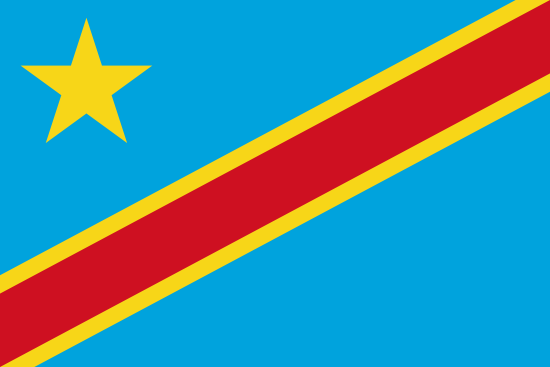
Health Insurance in Democratic Republic of the Congo, Africa
Information expatriation
Capital City: Kinshasa
Total area: 2,344,860 km2
Population: 62,636,000
Money: Currency Converter
Time Zone: List of time zones by country
Calling Code: +243 XXX
Practical Information:
Wikipedia Democratic Republic of the Congo
Health Product: Travel Insurance and Health insurance
Health Insurance information and Sanitary Risk: World Health Map
BLOG : Expat Health insurance Information
Here is a brief description of the healthcare system in the country:
· The DRC aims to have a universal healthcare system, but it is severely hampered by lack of funding and infrastructure due to decades of conflict.
· Healthcare is provided through both public and private sectors. The public system operates clinics, health centers and hospitals with limited capacities.
· Access to care is very low nationwide, with only about 40% of the population able to access even basic services.
· Resources are scarce, especially outside major cities. Critical shortages of medical staff, medications, equipment and facilities exist.
· Major health issues include infectious diseases, malaria, malnutrition, maternal/child mortality and chronic issues.
· Private providers fill some gaps but costs can be prohibitive for many citizens. NGOs also play a large role.
· Health outcomes are extremely poor with average life expectancy just under 60 years.
· The system faces ongoing challenges of instability, poverty, corruption and lack of infrastructure development.
· In summary, while universal coverage is the goal, the DRC's healthcare system remains severely limited in its ability to provide basic access and care due to decades of conflict and underfunding.
Here are some key health considerations for expatriates living in the country:
· Access to reliable care will be extremely limited outside major cities. Purchase full comprehensive emergency medical evacuation insurance.
· Follow strict preventative measures against endemic diseases like malaria, Ebola, typhoid, etc. Get all recommended vaccines.
· Carry ample supplies of prescription medications rather than relying on availability or quality.
· Mental health support is essentially unavailable. Develop strong personal/crisis support networks.
· Infrastructure and hospitals outside major cities often dysfunctional. Self-evacuation plans from remote areas critical.
· Security risks are high from armed conflict, civil unrest, and crime. Follow embassy warnings carefully.
· Register with your embassy and understand individual responsibilities for healthcare costs/insurance.
· Cultural/language barriers will notably impact quality of provider interactions. Consider translation assistance.
· Be vigilant of potential healthcare fraud due to limited oversight and corruption risks in some areas.
· With comprehensive precautions, access to basic care may be possible occasionally in cities for expats but reliable treatment is unavailable in most of the DRC.
